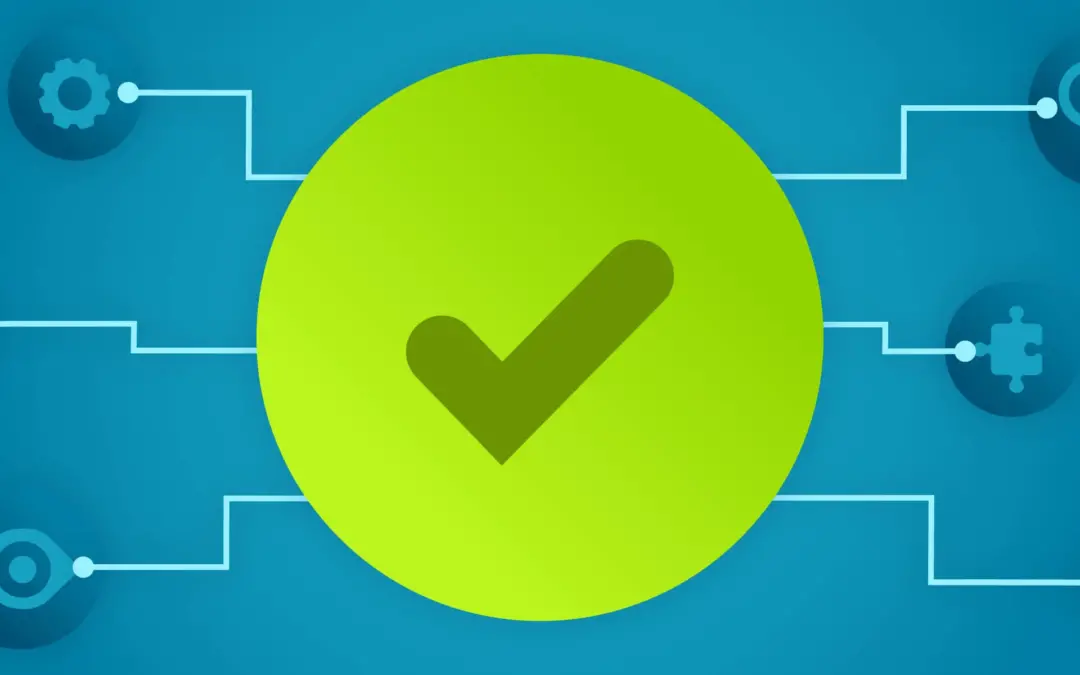Table of Contents
- CRA Monitoring Visit Checklist: Ensuring Clinical Trial Compliance
- 1. Pre-Visit Preparation
- 2. Arrival at the Site
- 3. Informed Consent Verification
- 4. Regulatory Documentation
- 5. Source Data Verification (SDV)
- 6. Drug Accountability
- 7. Adverse Event (AE) Reporting
- 8. Protocol Compliance
- 9. Site Staff Interaction
- 10. Documentation and Reporting
- 11. Follow-Up Activities
- Conclusion
- Introduction to Clinical Research
- Ethics in Clinical Research
- Diploma in Clinical Research
CRA Monitoring Visit Checklist: Ensuring Clinical Trial Compliance
Clinical research associates (CRAs) play a crucial role in the conduct of clinical trials, ensuring that studies are carried out in compliance with regulatory requirements, sponsor protocols, and ethical standards. One of the key responsibilities of a CRA is to conduct monitoring visits to trial sites. These visits are essential for verifying the accuracy of data, ensuring patient safety, and maintaining the integrity of the trial. A comprehensive checklist is an invaluable tool for CRAs to systematically review all aspects of the trial during these visits. This blog outlines a detailed CRA monitoring visit checklist to guide CRAs in their critical role.
1. Pre-Visit Preparation
Before the actual monitoring visit, thorough preparation is essential. This includes:
- Review Protocol and Relevant Documents: Familiarize yourself with the study protocol, informed consent forms, case report forms (CRFs), and any recent amendments or updates.
- Site Communication: Confirm the visit date with the site and ensure that all relevant staff members will be available.
- Document Review: Review previous monitoring reports, correspondence, and any outstanding issues or follow-up actions.
2. Arrival at the Site
Upon arrival, the CRA should:
- Check-In: Register at the site, meet the principal investigator (PI) and key site staff, and confirm the visit agenda.
- Work Space: Ensure you have a dedicated workspace with access to necessary resources such as internet and power outlets.
3. Informed Consent Verification
Ensuring that informed consent has been properly obtained is a critical aspect of any clinical trial:
- Consent Forms: Verify that informed consent forms are properly filled out, signed, and dated by the participant and investigator.
- Version Control: Ensure that the correct version of the consent form was used for each participant, as per protocol amendments.
- Documentation: Check for documentation of the consent process in the participants’ medical records.
4. Regulatory Documentation
CRAs need to ensure that all regulatory documents are up-to-date and in compliance:
- Essential Documents: Verify that essential documents such as the Investigator’s Brochure, study protocol, ethics committee approvals, and delegation logs are complete and current.
- Investigator File: Review the Investigator Site File (ISF) for completeness and proper organization.
- Training Records: Check that all site staff involved in the trial have documented training on the protocol and any amendments.
5. Source Data Verification (SDV)
One of the most critical tasks is verifying that the data collected is accurate and consistent:
- Source Documents: Cross-check data entered in the CRFs against the source documents (e.g., medical records, lab reports).
- Accuracy and Completeness: Ensure that all data entries are accurate, complete, and timely.
- Query Resolution: Address any data discrepancies or queries with the site staff immediately.
6. Drug Accountability
Proper handling and documentation of the investigational product (IP) are crucial:
- Storage Conditions: Verify that the IP is stored under the correct conditions as specified in the protocol.
- Inventory Records: Check the drug accountability logs to ensure accurate records of IP receipt, dispensing, and return.
- Expiration Dates: Ensure that no expired IP is being used or stored at the site.
7. Adverse Event (AE) Reporting
Monitoring the reporting and documentation of adverse events is vital for participant safety:
- AE Documentation: Review the site’s AE logs and ensure that all AEs are properly documented and reported as per regulatory requirements.
- Serious Adverse Events (SAEs): Verify that any SAEs are reported to the sponsor and ethics committee within the required timeframe.
8. Protocol Compliance
Ensuring that the study is being conducted according to the protocol is a key responsibility:
- Eligibility Criteria: Verify that all participants meet the inclusion and exclusion criteria as outlined in the protocol.
- Visit Schedule: Ensure that participant visits are conducted as per the protocol schedule.
- Protocol Deviations: Document and discuss any protocol deviations with the site staff and take corrective actions as necessary.
9. Site Staff Interaction
Effective communication with the site staff is essential for a successful monitoring visit:
- Discussion with PI: Meet with the PI to discuss the progress of the trial, any issues, and the resolution of previous findings.
- Training Needs: Identify any additional training needs for the site staff and provide or arrange for the necessary training.
- Feedback: Provide constructive feedback to the site staff on their performance and areas for improvement.
10. Documentation and Reporting
After completing the monitoring activities, thorough documentation and reporting are crucial:
- Monitoring Report: Prepare a detailed monitoring report outlining the findings, issues identified, and actions taken.
- Action Items: Clearly list any action items for the site staff and follow up on their resolution in subsequent visits.
- Sponsor Communication: Communicate the findings and any significant issues to the sponsor in a timely manner.
11. Follow-Up Activities
Post-visit activities ensure that the trial continues smoothly between monitoring visits:
- Issue Resolution: Follow up with the site to ensure that any issues identified during the visit are resolved promptly.
- Documentation Update: Ensure that the site updates any necessary documents based on the monitoring visit findings.
- Next Visit Planning: Schedule the next monitoring visit and outline the focus areas based on the current visit findings.
Conclusion
The CRA monitoring visit checklist is a comprehensive guide that ensures clinical trials are conducted in compliance with regulatory standards and the study protocol. By systematically addressing each aspect of the trial, CRAs can maintain the integrity of the data, ensure participant safety, and contribute to the overall success of the trial. This checklist not only helps in identifying and resolving issues promptly but also fosters effective communication and collaboration between the CRA and the site staff.
You may be interested in…




